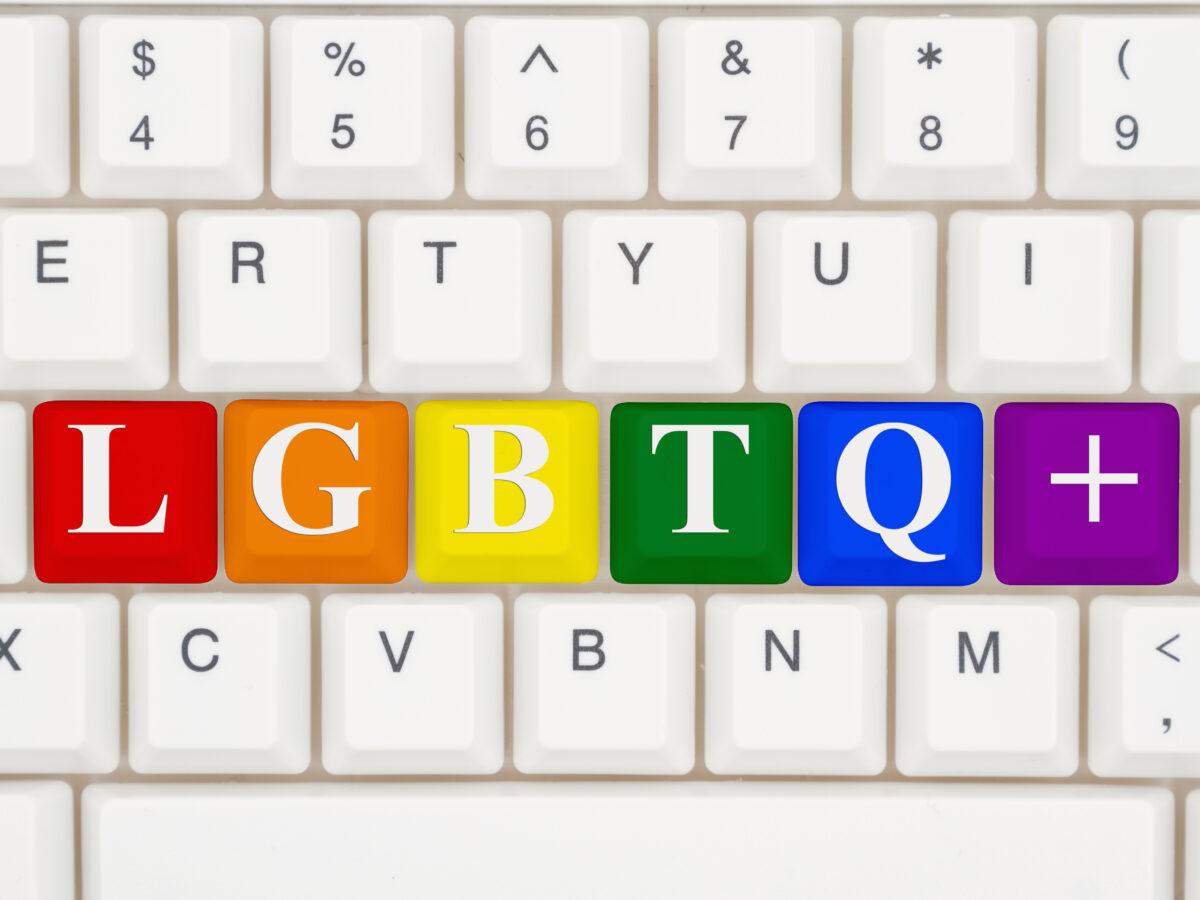LGBTQ+ is an acronym that represents a vibrant and diverse group of individuals who identify as lesbian, gay, bisexual, transgender, queer, or other sexual orientations and gender identities. The LGBTQ+ community encompasses people from all walks of life, cultures, and backgrounds. This community has a rich history of resilience, activism, and the pursuit of equality. Over the years, significant progress has been made in recognising and affirming the rights and experiences of LGBTQ+ individuals, but there is still work to be done to ensure full inclusion and acceptance for all.
One of the key principles underlying the LGBTQ+ movement is the promotion of equality and the recognition of human rights for all individuals, regardless of their sexual orientation or gender identity. Historically, LGBTQ+ individuals have faced significant social, legal, and systemic discrimination, leading to marginalisation and exclusion. However, through tireless advocacy, awareness campaigns, and legal reforms, progress has been made in many parts of the world towards greater acceptance and equality.

Supporting LGBTQ+ rights and inclusivity are important for fostering a society that embraces diversity and respects individual autonomy. It involves creating safe and affirming spaces where LGBTQ+ individuals can express themselves authentically without fear of discrimination or prejudice. It also involves challenging stereotypes, educating others, and promoting understanding and empathy.
In recent years, there have been significant milestones in the fight for LGBTQ+ rights, such as the legalisation of same-sex marriage in various countries, the advancement of anti-discrimination laws, and increased visibility of LGBTQ+ individuals in media and popular culture. These achievements have helped pave the way for more acceptance and understanding.
It’s important to recognise that LGBTQ+ individuals are not defined solely by their sexual orientation or gender identity. They are individuals with unique talents, passions, and contributions to society. Education and awareness play crucial roles in fostering a more inclusive, or diverse, society. By promoting accurate information and dispelling misconceptions, we can challenge stereotypes and promote understanding and acceptance. Creating inclusive environments in schools, workplaces, and communities is essential to ensure that LGBTQ+ individuals feel supported, validated, and safe.
Diverse societies value and respect differences in race, ethnicity, culture, gender, sexuality, and religion. They are societies that acknowledge and celebrate diversity, rather than suppressing it. Some of the benefits of a diverse society include:
- Creativity and innovation – when people from different backgrounds come together, they bring unique perspectives and ideas that can lead to breakthroughs in art, science, technology, and business.
- Improved problem solving – people from different backgrounds can identify problems and solutions that might not be apparent to people from the same background.
- Increased tolerance and understanding – when people interact with others from different backgrounds, they learn to respect and appreciate differences, rather than fear or reject them.
- Economic benefits – when businesses and organisations embrace diversity, they can tap into new markets, increase creativity and innovation, and attract and retain top talent.
Ultimately, embracing LGBTQ+ rights and inclusion is not just about tolerance, but about celebrating the beauty and diversity of human experiences and expressions. It is about recognising and affirming the inherent worth and dignity of every individual, regardless of their sexual orientation or gender identity. By advocating for LGBTQ+ equality, we move closer to building a society where everyone can thrive and live authentically, free from discrimination and prejudice.
Further insights from a more personal perspective from one of our MindBerry professionals can be found here.


